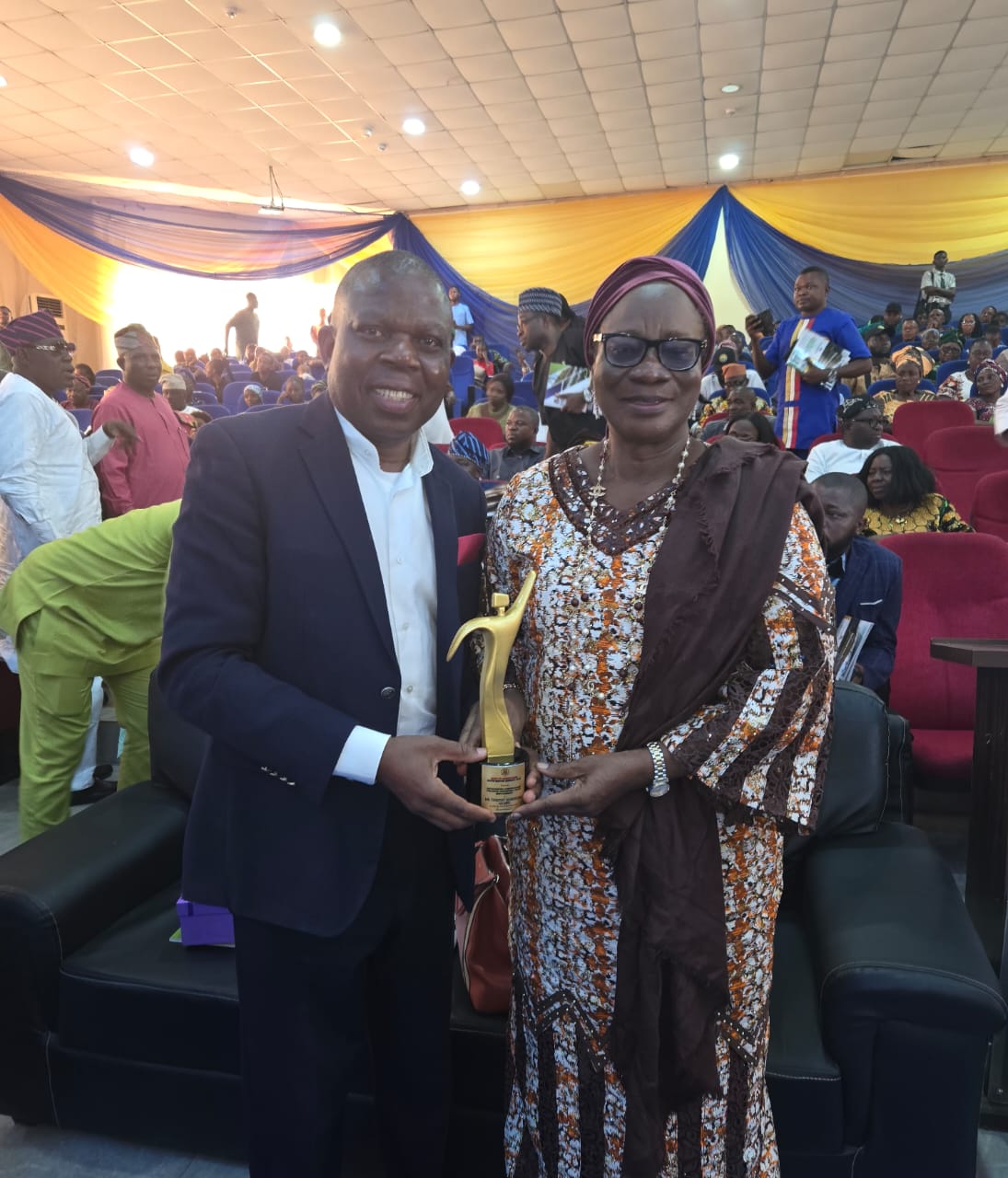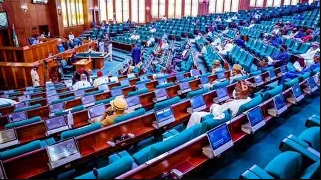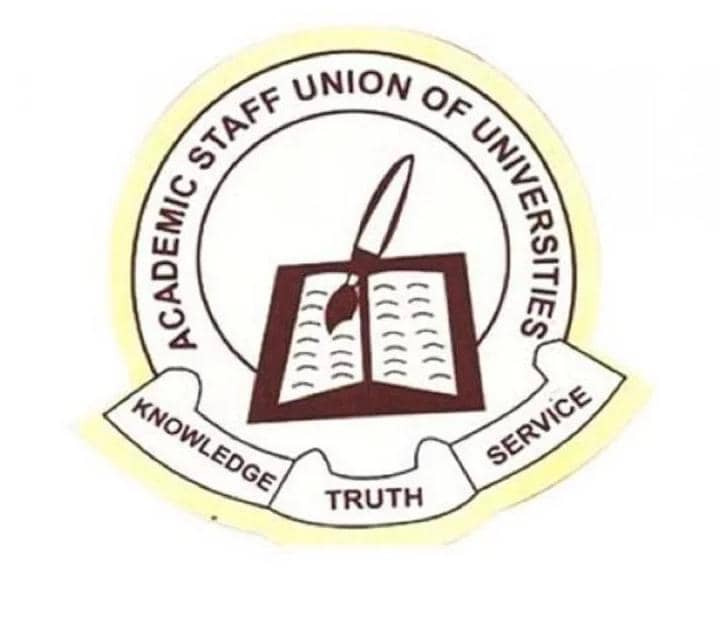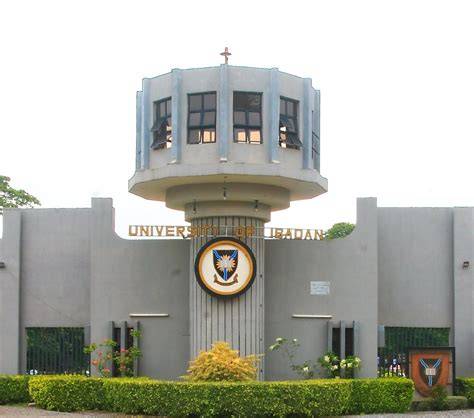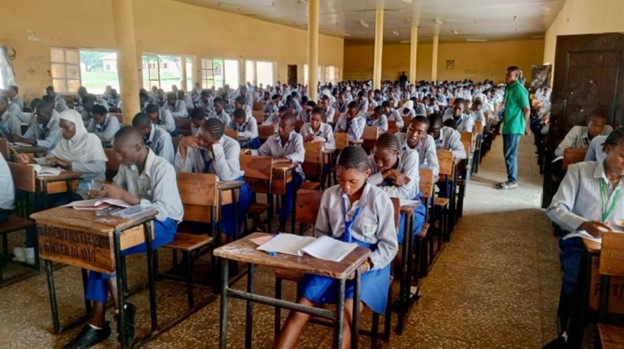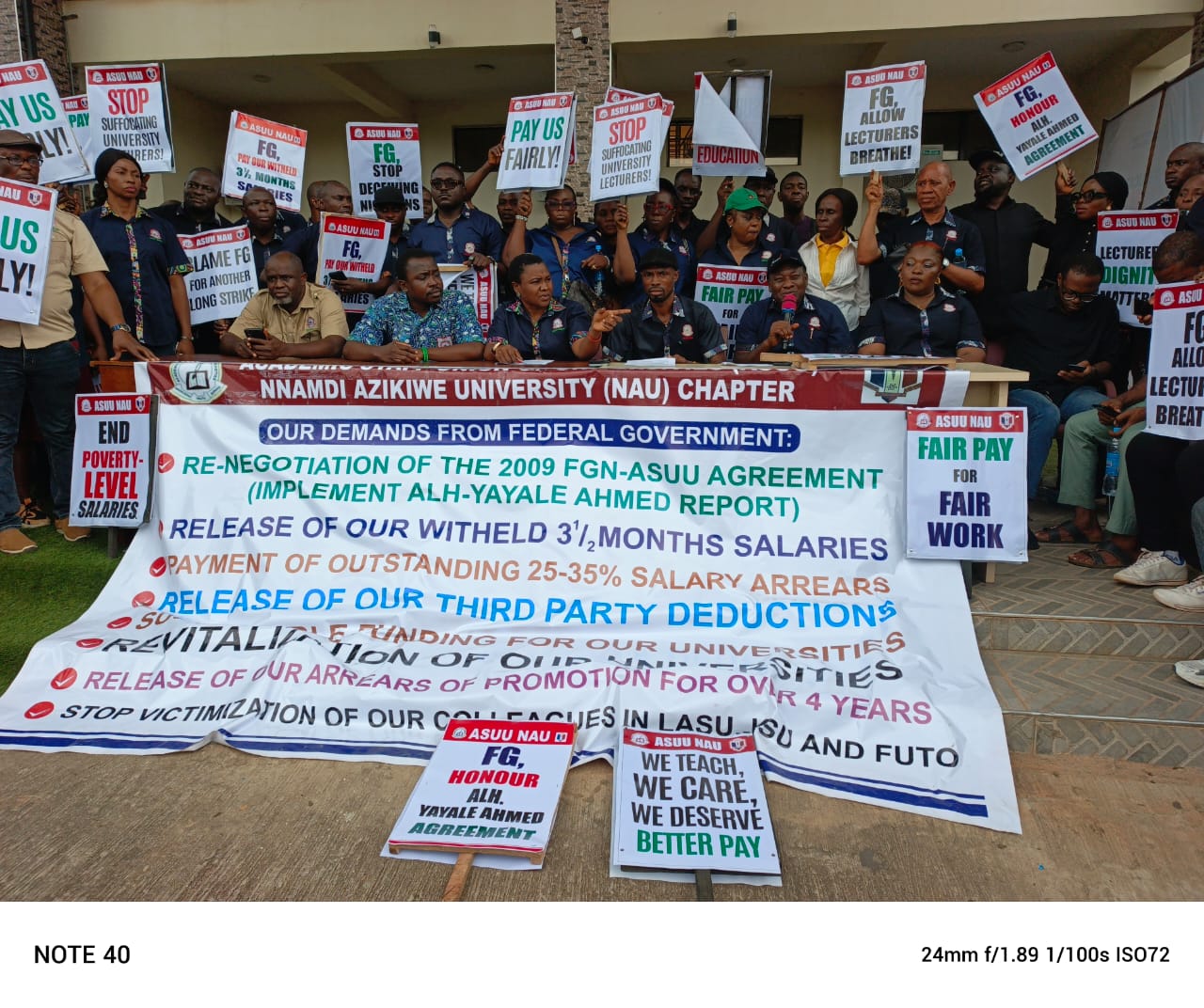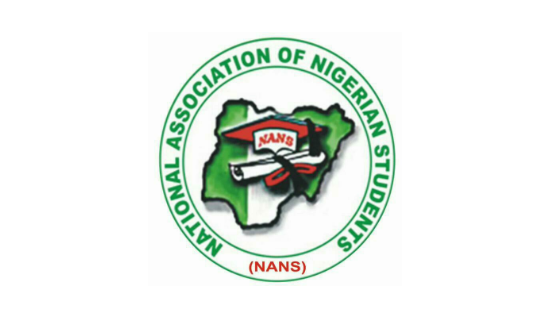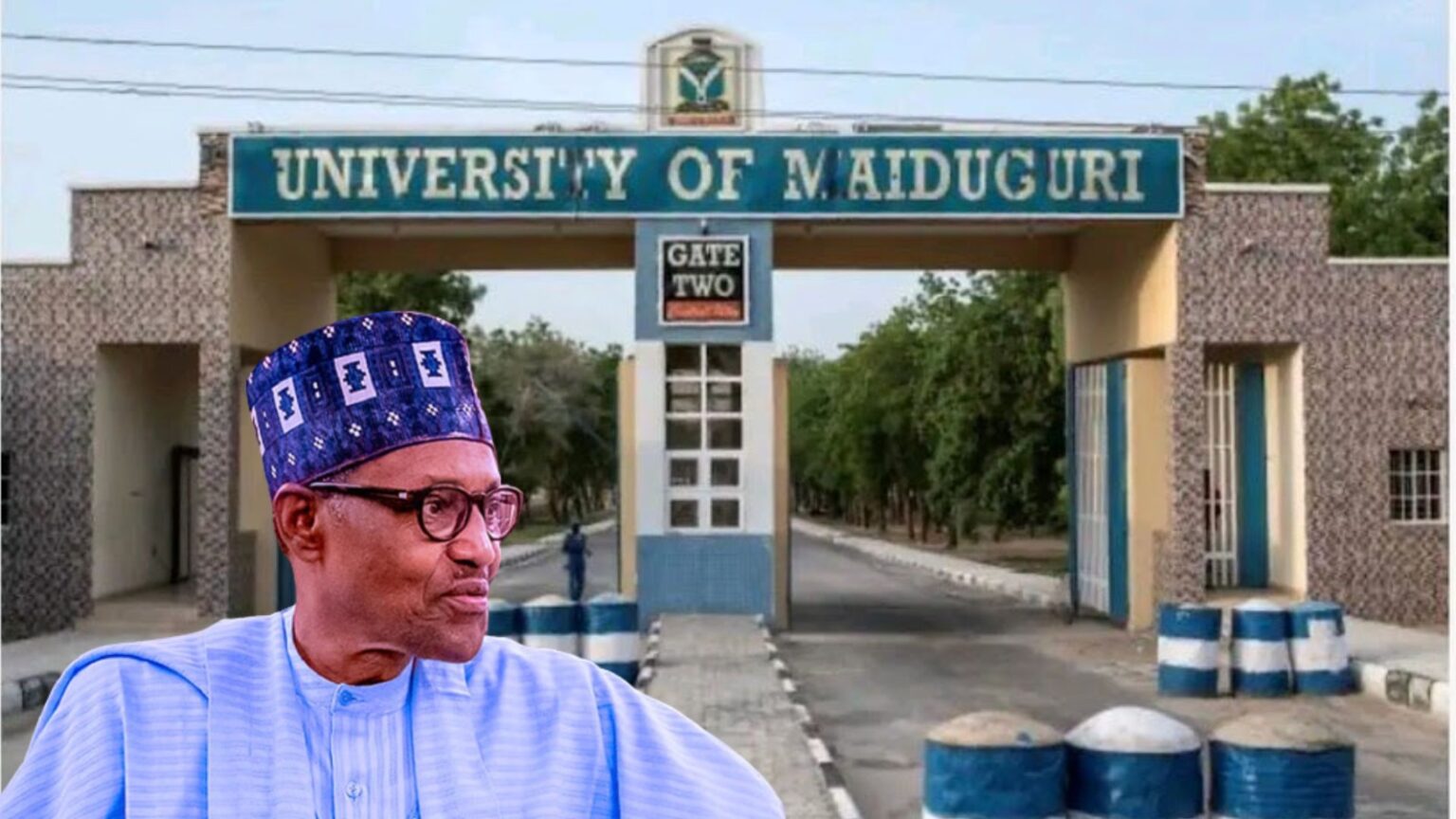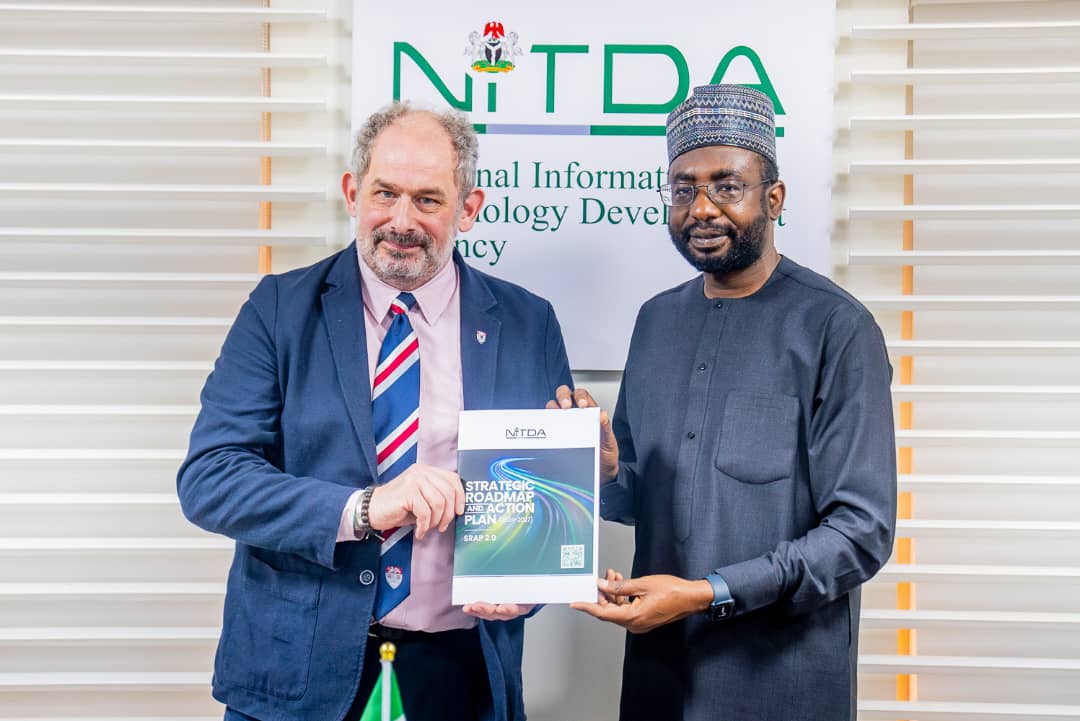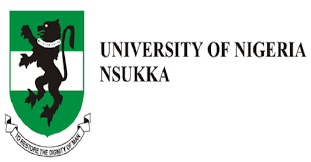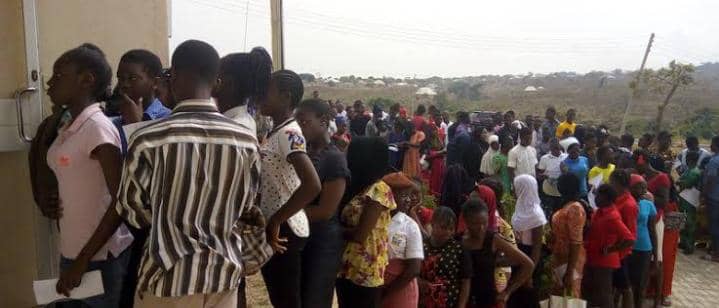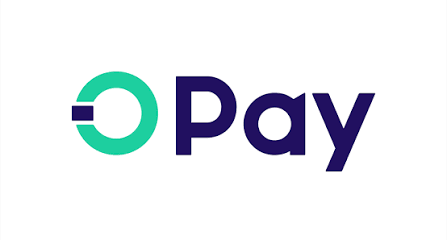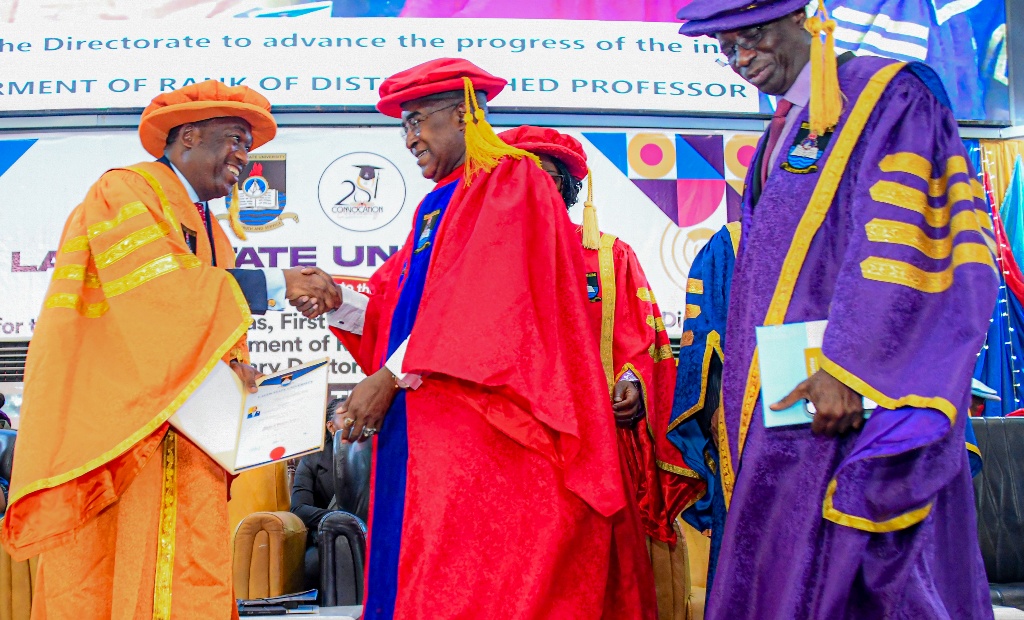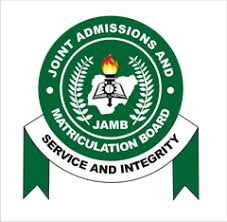
The Association of Tutorial School Operators (ATSO) has raised serious concerns over the recurring system failures during the Unified Tertiary Matriculation Examination (UTME), attributing the persistent technical glitches to deeper flaws within the Joint Admissions and Matriculation Board’s (JAMB) ICT framework.
In a press statement issued on Saturday addressing recent developments surrounding UTME 2025, ATSO President, Mr. Oludotun Sodunke, called for a holistic and urgent review of JAMB’s technological infrastructure and operational systems.
“The continuous experience of system breakdowns and technical glitches clearly points to inherent weaknesses in JAMB’s ICT infrastructure. These issues require a comprehensive overhaul,” Sodunke stated.
He further suggested that JAMB should undertake a thorough appraisal of its entire operational architecture, including its engagement with service providers—who, according to ATSO, significantly contribute to the recurring failures.
The statement, titled “Commending JAMB’s Transparency, Addressing Systemic UTME Flaws, and Advocating for Sustainable Reforms,” also acknowledged the efforts of JAMB’s Registrar, Professor Is-haq Oloyede, for demonstrating transparency by openly admitting a recent marking error during the 2025 UTME and taking swift corrective measures.
However, Sodunke emphasized that while JAMB’s openness is commendable, more profound and systemic reforms are necessary to prevent further disruptions in the examination process.
One of the major criticisms raised by ATSO was the timing of the UTME. The association strongly opposed the current schedule that places the exam in the first quarter of the year—well before many candidates have completed their WAEC and NECO curricula.
“Logically, UTME, as a post-secondary school entry examination, should come after students have concluded their final school exams. Holding UTME in March or April places students at a disadvantage, as many have not completed the required syllabi,” Sodunke argued.
He proposed that the UTME be shifted to July or August, noting that most universities begin their academic calendar in September or October, giving JAMB ample time to conduct the exams and release credible, well-scrutinized results.
ATSO also criticized the last-minute rescheduling of exams for candidates affected by system glitches, labeling the move a “fire brigade approach” that creates confusion and stress for students and their families.
ATSO Calls for Inclusive UTME Reforms and Stakeholder Collaboration
The association further accused JAMB of sidelining key education stakeholders in its decision-making processes. Despite offering its technical expertise and insights gathered from grassroots engagement with students, ATSO claimed its recommendations have largely been disregarded.
“For JAMB to build a more reliable and inclusive examination system, it must open its doors to collaborative engagement with stakeholders across the education sector. Ignoring experienced voices like ATSO’s only perpetuates the cycle of inefficiency,” Sodunke noted.
To address the persistent challenges facing UTME administration, ATSO proposed several strategic reforms:
- Rescheduling UTME: Move the exam to July or August, after the conclusion of WAEC and NECO, to allow students adequate preparation time.
- Independent Infrastructure Review: Engage external IT experts to conduct a comprehensive stress test of JAMB’s systems. A redesigned infrastructure should be tailored to the realities of Nigeria’s examination environment.
- Stakeholder Committee: Establish a permanent committee comprising representatives from JAMB, WAEC, NECO, and ATSO to harmonize exam schedules and policies.
- Candidate Welfare: Review early-morning reporting requirements that force candidates to arrive as early as 6 a.m., exposing them to security and transportation risks.
- Annual Review Mechanism: Institutionalize an annual review of UTME procedures involving all stakeholders, with feedback from real-world experiences to guide continuous improvement. ATSO also pledged to share its annual review reports with JAMB and other relevant bodies.
Reaffirming its commitment to meaningful reforms, ATSO urged JAMB to foster greater transparency, collaboration, and inclusivity in its operations, stressing that the long-term success of Nigeria’s educational system depends on it.
“We appreciate Professor Oloyede’s boldness and honesty in owning up to errors. But beyond that, the time has come for JAMB to chart a clear, reform-driven path forward. The educational future of millions of Nigerian students is at stake,” Sodunke concluded.
…By Ani Juliana.
Stay Informed and Get Involved:
As the conversation about reforms in the UTME process unfolds, it’s crucial to stay up-to-date with the latest developments. Visit LouisaOlaniyi.com.ng for continuous coverage and insights into the evolving education landscape in Nigeria. Join the movement for a brighter educational future today!
Share your thoughts on the proposed reforms and the future of Nigeria’s educational system, leave a comment below to contribute to the conversation.
Ani Juliana, is A 300l student of the University of Nigeria Nsukka,
With the passion for content writing and Copywriting.




